Written by ‘Bunmi Ogungbe, Samuel Byiringiro, Dr. Erin Spaulding on behalf of the Cardiometabolic Health Interest Group and Maryland Chapter of Preventive Cardiovascular Nurses Association (PCNA)
Every minute, a woman dies of a heart attack, stroke, or other cardiovascular disease as a result of hypertension. Hypertension or high blood pressure is a known as a ‘silent killer’ because it often goes unnoticed until there are serious complications. Yet almost half of U.S. adults have hypertension, only a quarter of them have their condition under control, and hypertension in women increases the risk of pregnancy complications, kidney disease, and cognitive issues later on in life.
More specifically, women between the ages of 18-44 who have high blood pressure are at increased risk for experiencing hypertensive emergencies during childbirth, which can result in maternal mortality. Despite national programs designed to educate women, awareness of heart disease as the leading cause of death among women has declined from 65 to 44 percent over the past 10 years, with Black, Hispanic, and Asian women, as well as younger women ages 25 to 34, having the largest declines in hypertension awareness at 67, 86, 61 and 81 percent respectively.
These alarming statistics should not be ignored. We need to implement strategies at various levels – strategies that are sustainable to increase hypertension awareness, particularly among these groups.
How can providers be a part of the solution?
We should start by advocating for blood pressure machines to be considered household essentials, and teaching individuals to self-check their blood pressure at home and to make healthier lifestyle choices. Also, health care providers should offer more preventive hypertension education and counseling, and have early risk conversation with women. We should also advocate for comprehensive hypertension and cardiovascular screening to be included in gynecological wellness visits.
To increase awareness in communities, we should encourage partnerships with community-based organizations and local groups. We can work with them to develop relevant strategies and appropriate messaging to increase hypertension awareness, community screening, and self-monitoring of blood pressure.
We should talk more to younger women about hypertension.
In fact, hypertension awareness programs and campaigns should begin in community spaces where women are likely to visit, like hair and nail salons, grocery stores, faith-based organizations, etc. We can even explore how to use opportunites at existing sisterhood networks, such as sororities.
Social media is a powerful tool to spread health information and increase awareness among younger women. We can develop relevant and attractive messages in partnership with young women who are most impacted: women who are African American, Hispanic, Indigenous, and between 18 to 44 years old. We can distribute messages through social media like Instagram, Twitter, TikTok, etc, and even partner with social media influencers to help get the message on hypertension out to the broader audience.
National Women’s Blood Pressure Awareness Week, October 11-17
From October 11 to 17, National Women’s Blood Pressure Awareness Week (led by the Office of Women’s Health OWH) aims to raise awareness of the importance of blood pressure control and monitoring among all women, with close attention to women ages 18 to 44. Throughout the commemorative week, the OWH promotes messages with a daily theme around hypertension awareness:
Sunday, October 11 – Heart Disease in Women
Monday, October 12 – High Blood Pressure in Women
Tuesday, October 13 – Understanding and Controlling Hypertension
Wednesday, October 14 – Monitor Your Blood Pressure Daily
Thursday, October 15 – Develop Healthy Heart Habits to Lower Blood Pressure
Friday, October 16 – Community Resources & Success Stories
We need all hands on deck. If you are a clinician interested in developing or joining hypertension awareness campaigns start with these toolkits and resources:
- Preventive Cardiovascular Nurses Association training kit for clinicians;
- Millions Hearts by the CDC
- Go Red for Women by the Ameican Heart Association
- Make the Call, Don’t Miss a Beat by the Department of Health and Human Services
- The Heart Truth by the National Heart, Lung, and Blood Institute
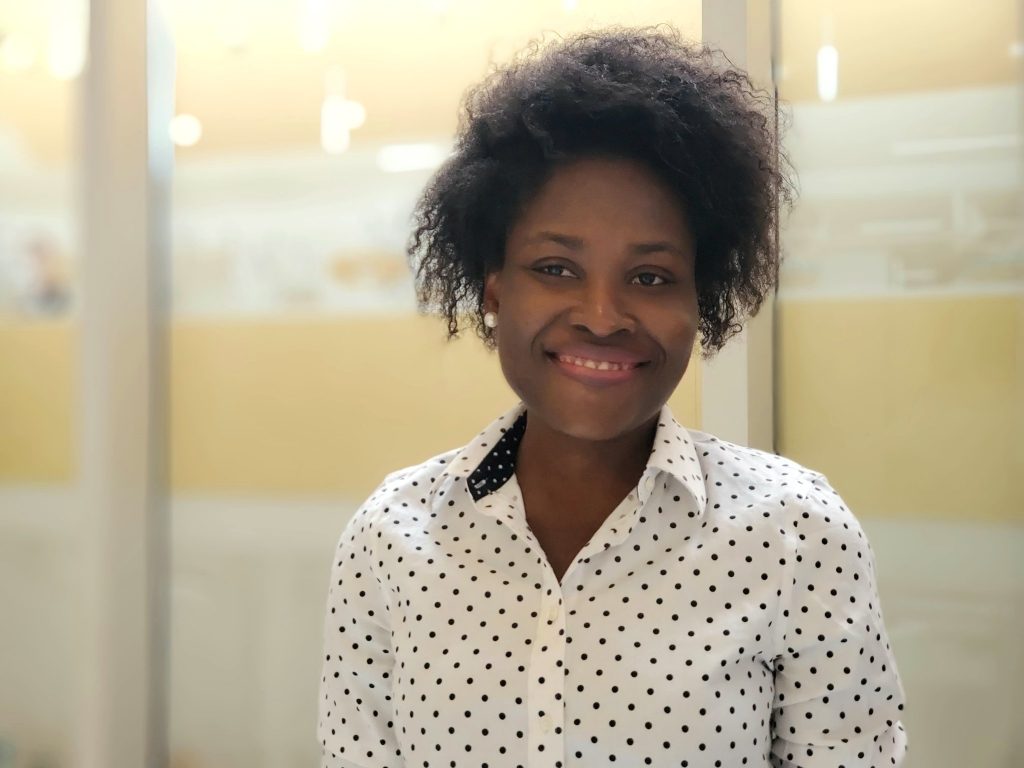
ABOUT THE AUTHOR: BUNMI OGUNGBE
Bunmi Ogungbe, MPH, RN is a PhD Student at Johns Hopkins School of Nursing. She holds a Masters degree in Public Health, and has worked was on the African Immigrants Health Study (AIHS) led by Dr. Yvonne Commodore-Mensah. Her dissertation is focused on examining the cardiovascular consequences of COVID-19. She currently works with the Johns Hopkins-Resolve To Save Lives (RTSL) initiative collaborative team on team-based hypertension care and medication adherence in low and middle-income countries. She also works with the recruitment innovation unit of the Johns Hopkins Institute for Clinical and Translational Research (ICTR). She is a current Johns Hopkins Global Health Equity Scholar.

ABOUT THE AUTHOR: SAMUEL BYIRINGIRO
Samuel Byiringiro MS, RN is a second year PhD Student at the Johns Hopkins School of Nursing. He holds a Bachelor’s degree in Nursing and a Master’s degree in Global Health Delivery. He has worked at Partners In Health as a Quality Improvement Advisor to the rural health facilities of Rwanda to prevent maternal and neonatal mortality. He provides technical support to the Community Collaboration Core of the Institute of Clinical and Translational Science at JHU to promote the community engagement in research. His research interests are to explore the health system determinants of cardiovascular health outcomes; health systems strengthening through quality improvement; and community engagement in research.
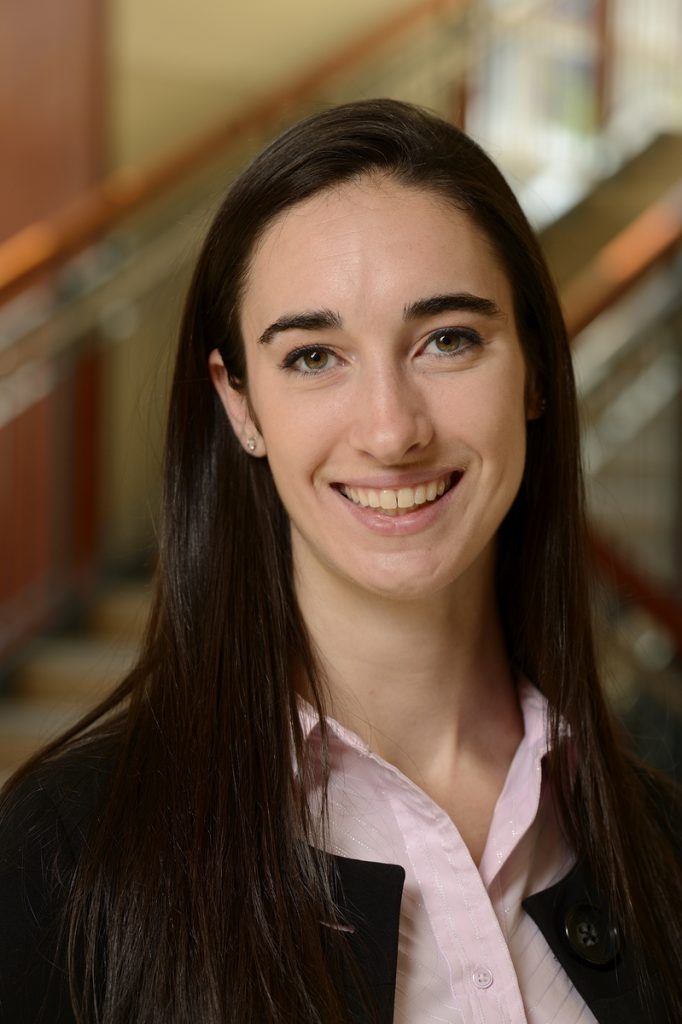
ABOUT THE AUTHOR: ERIN SPAULDING
Erin Spaulding, PhD, BSN, RN is a postdoctoral research fellow at Johns Hopkins Bloomberg School of Public Health. Her research focuses on the delivery of digital health interventions in the acute care setting for patients with cardiovascular disease to improve behavioral and health outcomes. Her most recent work was on the Myocardial infarction, COmbined-device, Recovery Enhancement (MiCORE) study (Principal Investigator: Dr. Seth Martin). Prior to her current position, she was an intensive care unit nurse at Dartmouth-Hitchcock Medical Center and later earned her PhD from Johns Hopkins University.

 JHSON Highlights
JHSON Highlights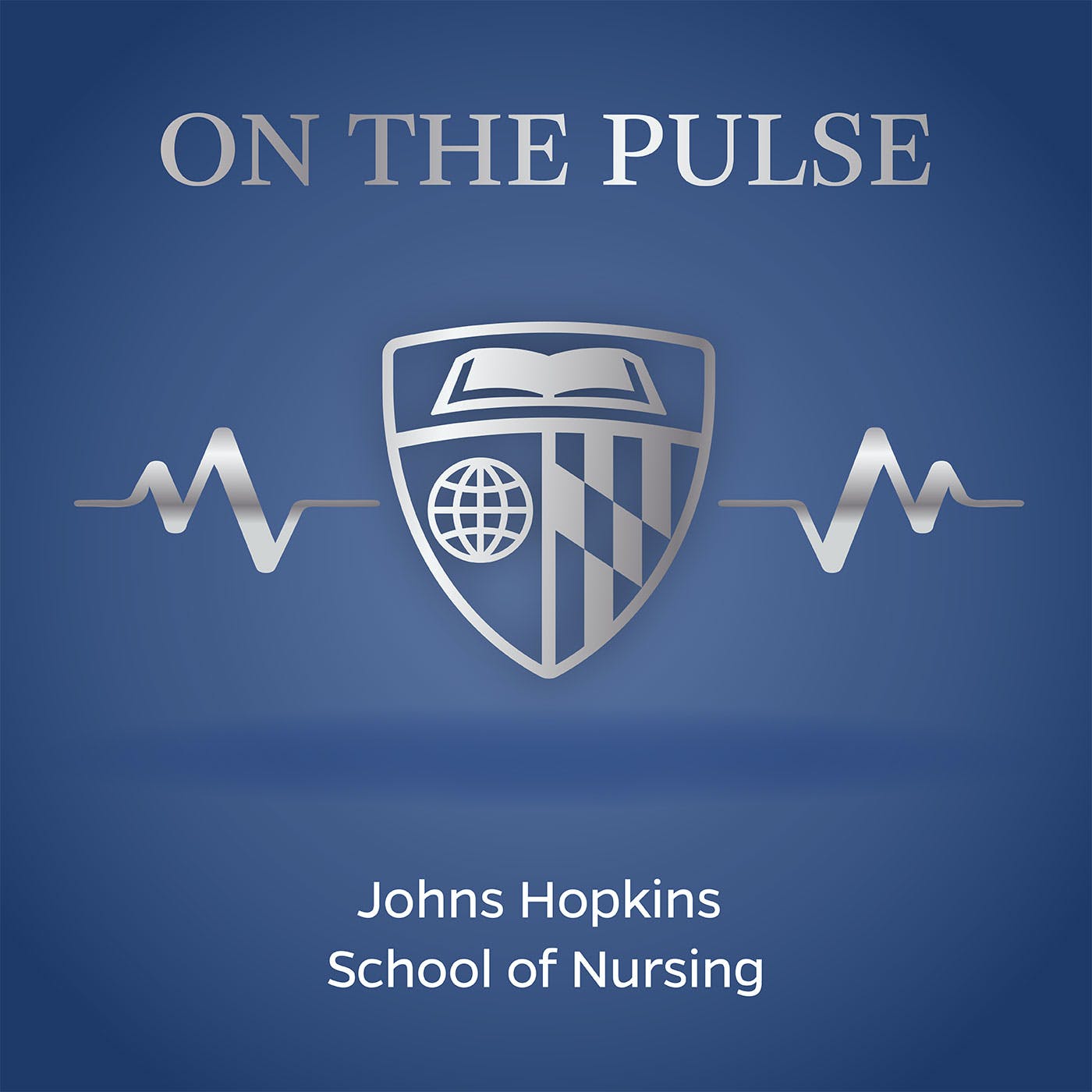 Episode 31: From Erasure to Empowerment
Episode 31: From Erasure to Empowerment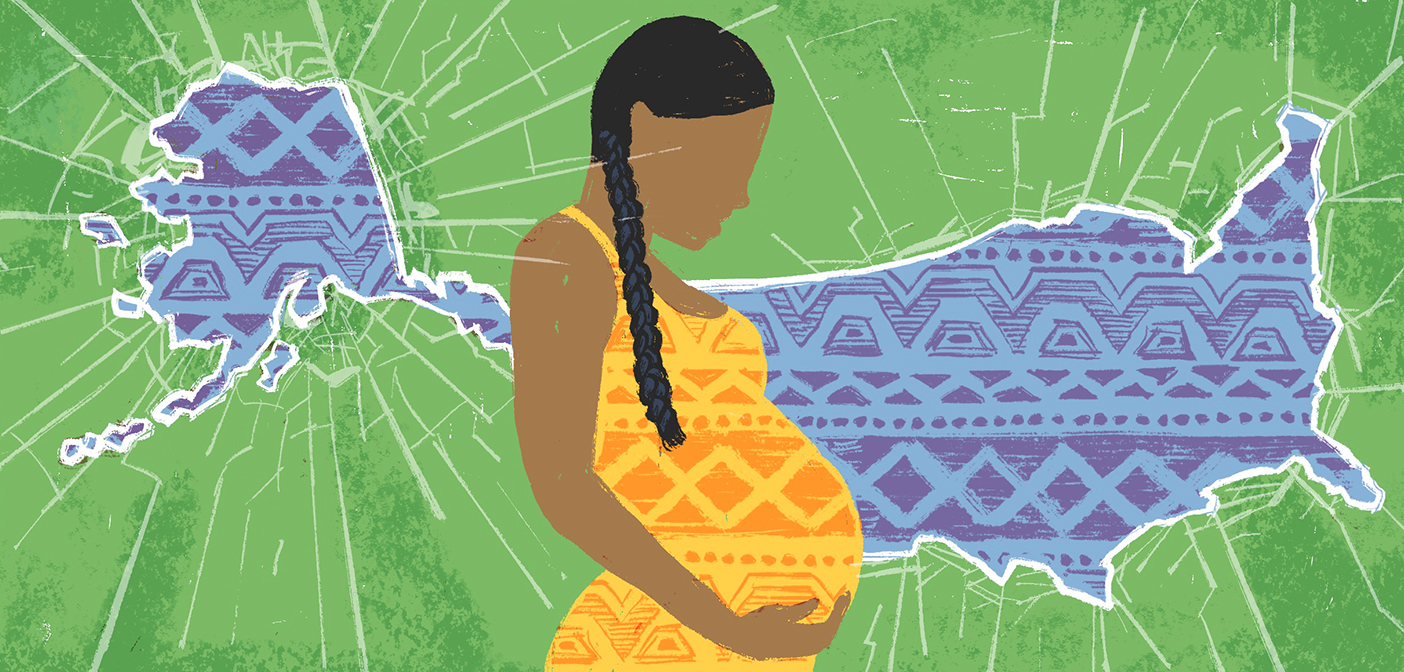 Heart Health in Native Populations
Heart Health in Native Populations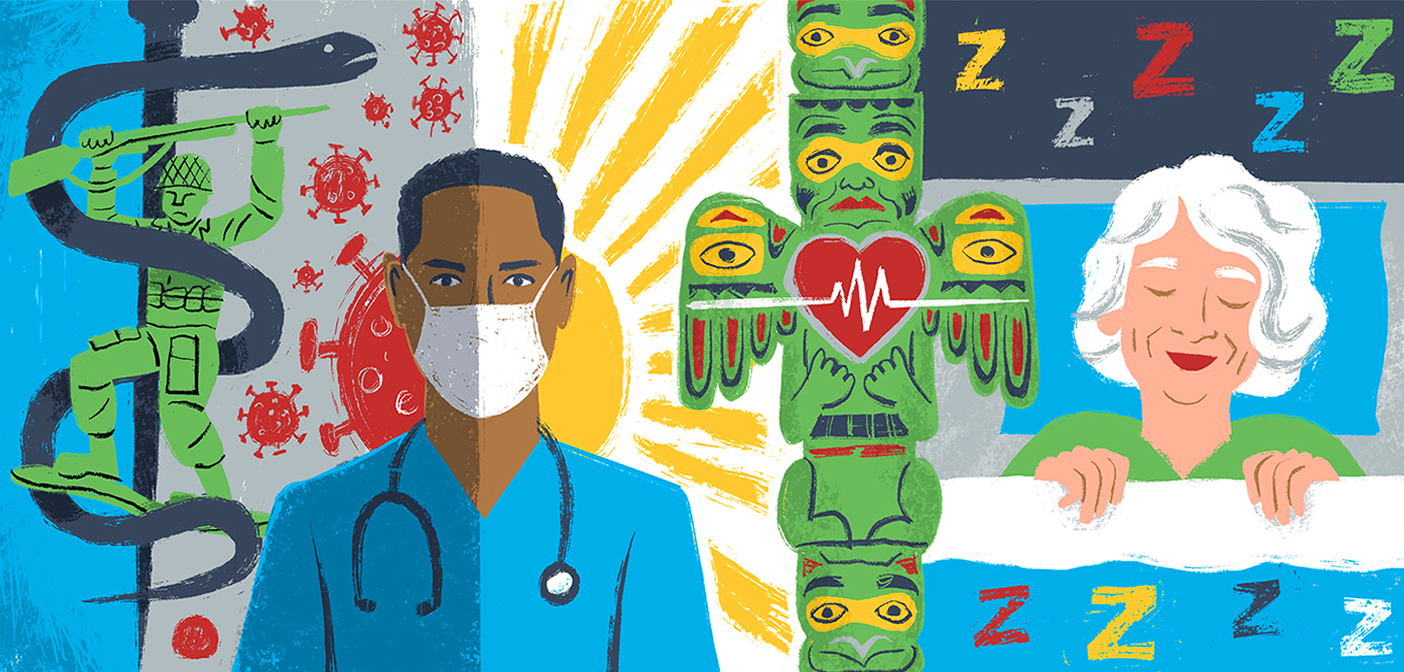 Summer Research Roundup 2023
Summer Research Roundup 2023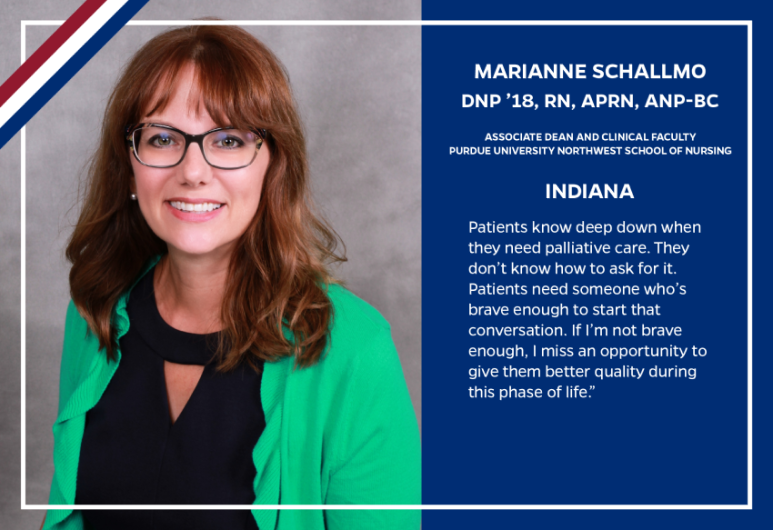 The Knowledge to Embrace Life
The Knowledge to Embrace Life







